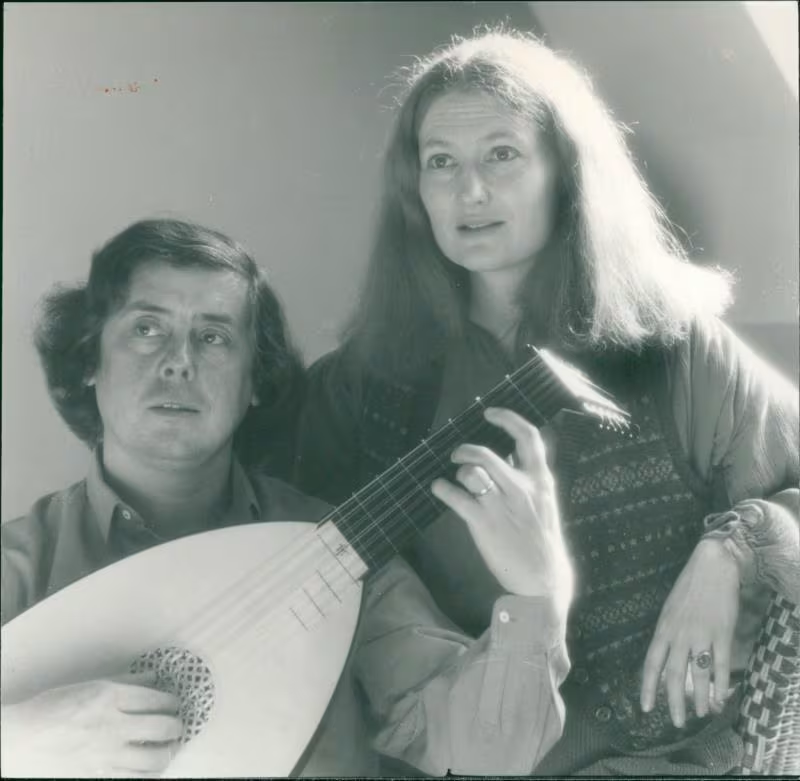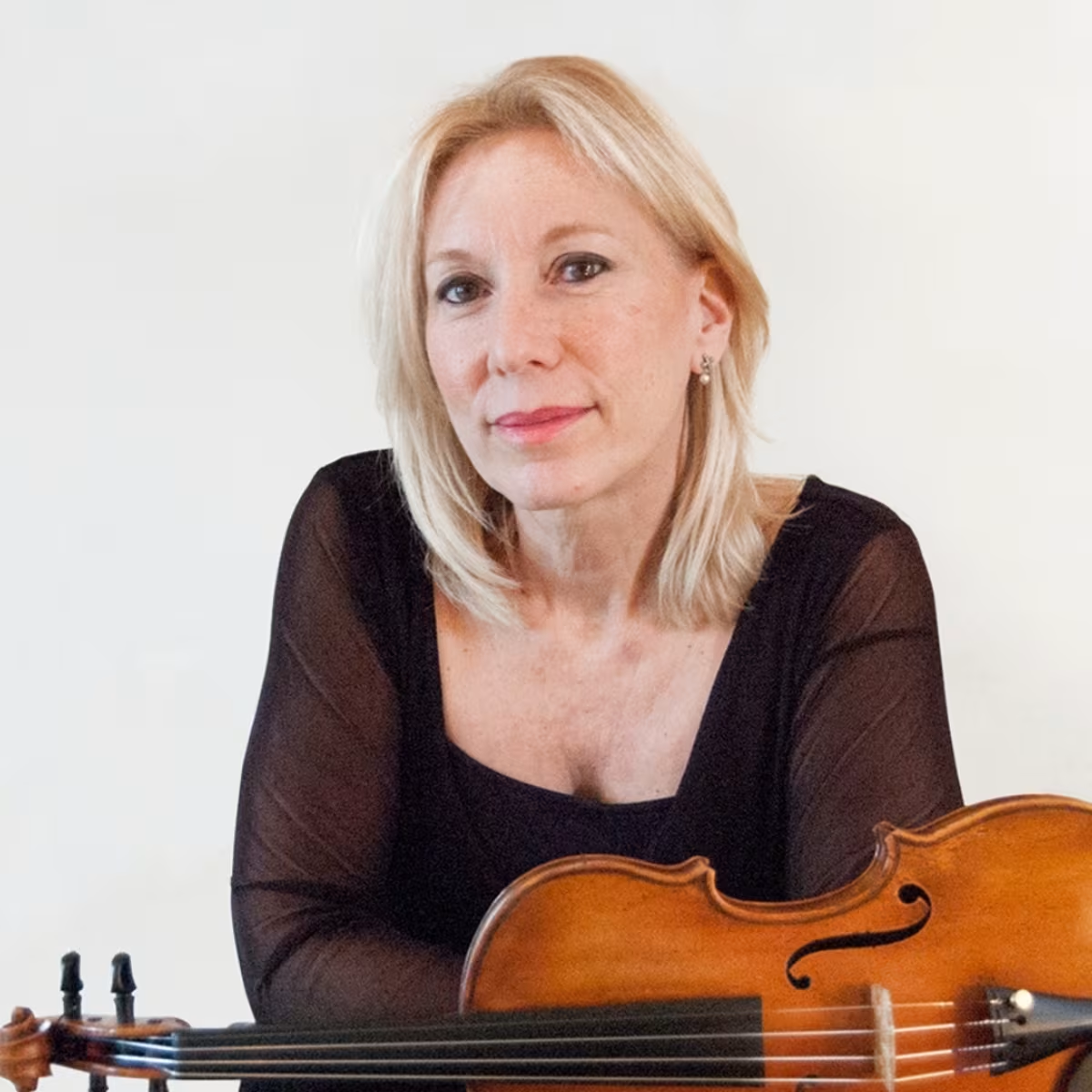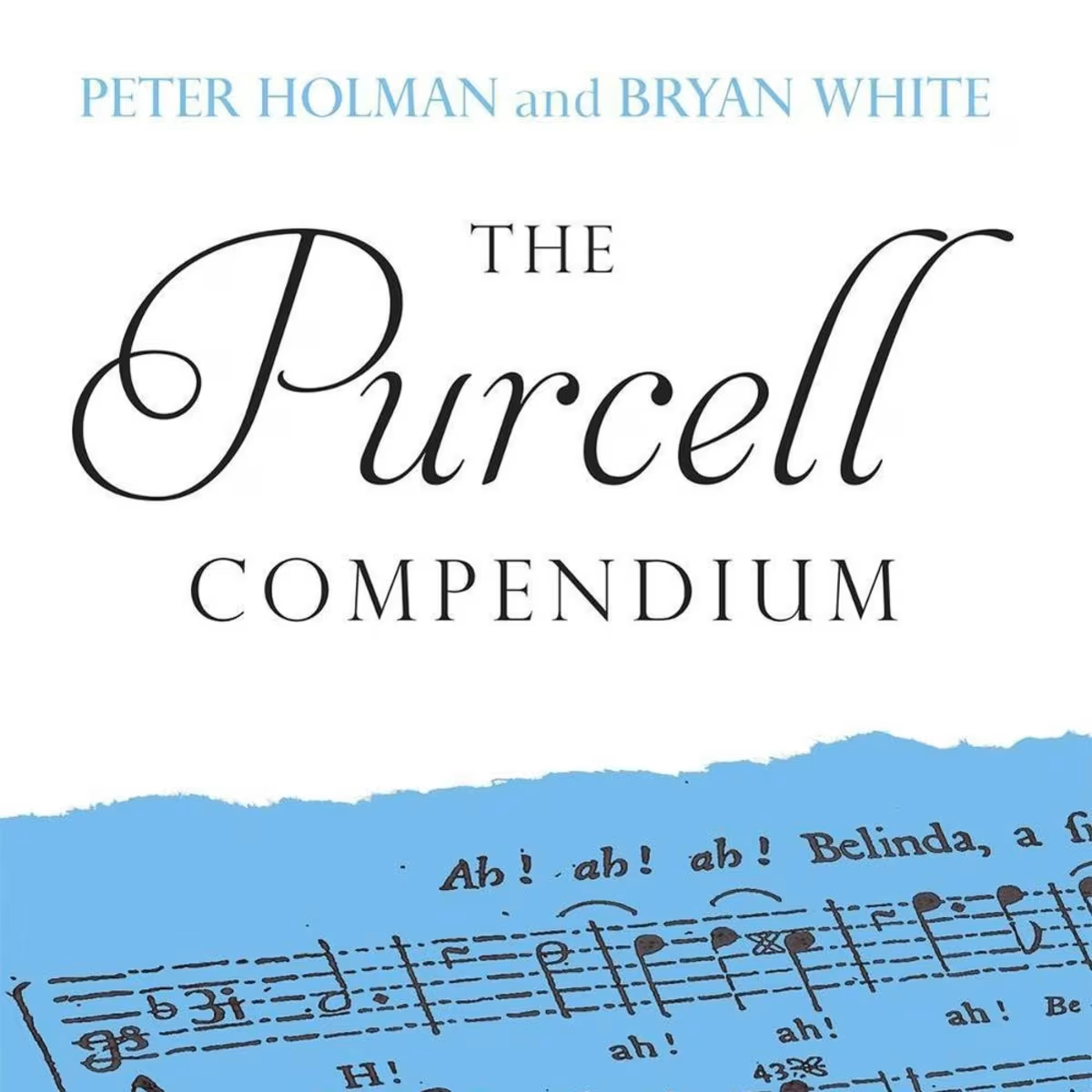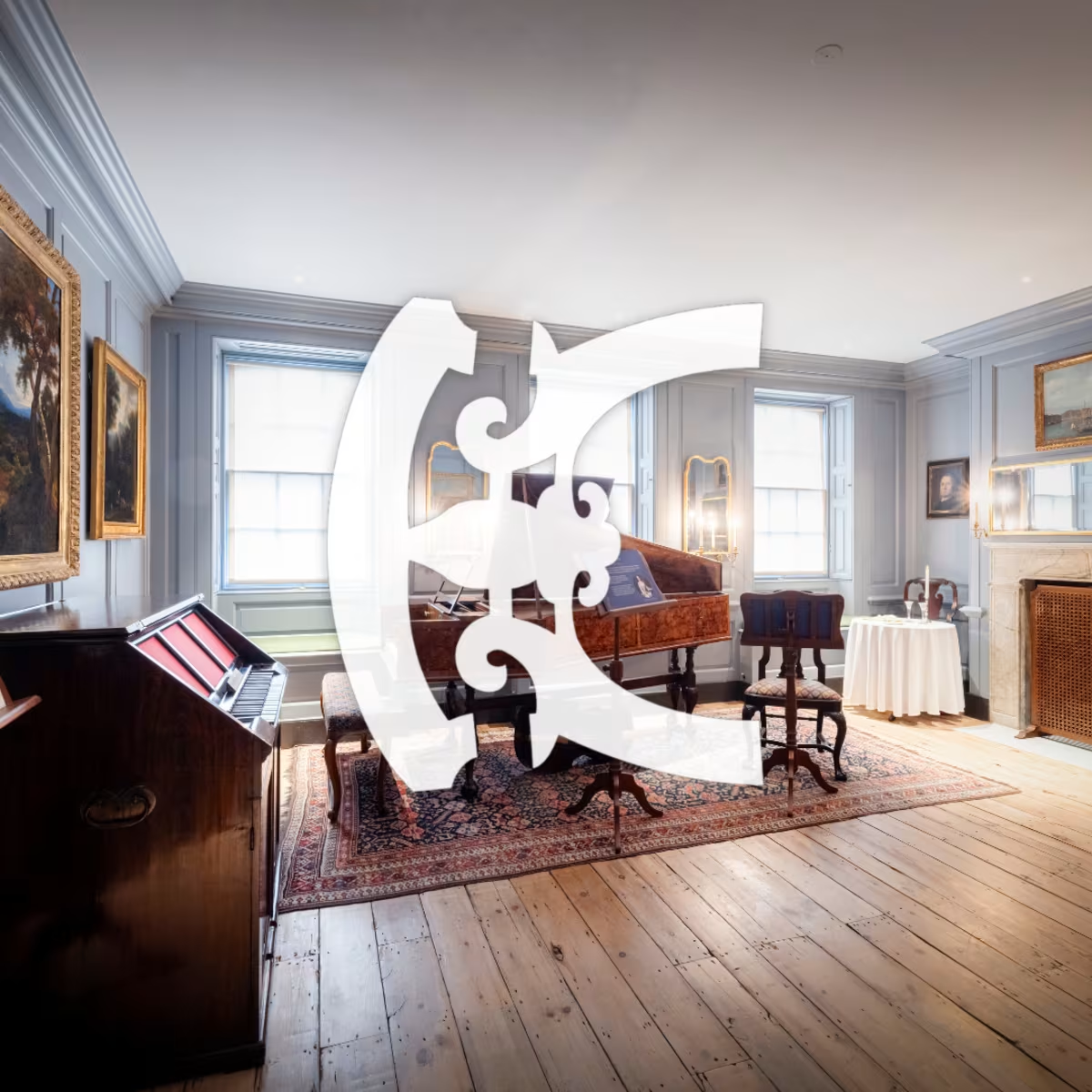Feature
Emma Kirkby: Finding my voice – the mind/body dilemma
The Dame Emma Kirkby Interview | Part I
Share this

BY ASHUTOSH KHANDEKAR | FIRST PUBLISHED 21 AUG 2025
Dame Emma Kirkby is an iconic figure in the Early Music scene. Her pure, precise and intensely focused singing set a new measure for authenticity in Renaissance and Baroque performance practice, influencing a generation of singers in matters such as tone, vibrato, phrasing and above all, in the communicative power of the text. She was awarded a DBE in 2007, and in 2011, she became the sixth recipient of the Queen's Medal for Music. In 2019, Gramophone Magazine presented her with a Lifetime Achievement Award for Services to Music, and she has been a Patron of Continuo Foundation since 2020. Ashutosh Khandekar spoke to Dame Emma about her influential 60-year career, and over the next three days, we will publish excerpts from this exclusive interview. The full interview will appear on Continuo Connect on Sunday 24 August.
For all her love of singing and the seemingly effortless beauty of her sound, Emma Kirkby never aspired to become a professional singer. Training her voice was not a priority during her university years in Oxford, reading Classics during the 1960s. ‘When I started out as a soprano, I never really considered things like technique, projection or breathing. At school, I really loved singing, but we didn’t have individual singing lessons. I learned by listening to others, and by enjoying my voice in all sorts of different music – though it was always the Early Music repertoire that really captivated me. I don’t think formal voice training is really appropriate when you’re young. You’re still so unformed, physically and emotionally, so I think children and young adults should be free to find their own voice. The training can come later.’
That training started when Kirkby was unexpectedly invited by the leading lutenist Anthony Rooley to sing in the recently formed Consort of Musicke.

‘After Oxford, I spent a few happy years teaching Classics in a friendly comprehensive school just outside Reading. I had been singing in my spare time for my then-husband Andrew Parrott and his Taverner Choir. It was just a hobby really. Anthony Rooley was looking for a particular kind of voice that would balance the lute better in his ensemble. He heard me singing and asked me to take part, on a professional basis, in a recording he was about to make. My immediate reaction was, “That’s just mad! I haven’t got a technique!” His response was, “Well, go and get one then!” It was as simple as that, really.’
The recording sessions were a matter of months away, so Kirkby immediately set about trying to find a singing teacher who understood her voice. Kirkby’s pure, straight tone was unconventional at a time when the likes of Montserrat Caballé and Joan Sutherland were inheriting the mantle of Maria Callas in the soprano diva stakes. ‘I had other singing friends, mainly in Oxford, who were having lessons with a teacher called Jessica Cash, based in Ealing in West London. They all seemed to come out of her lessons singing very happily, so I decided to give her a try. She was just wonderful! I was very, very lucky to find her.’
Dame Emma Kirkby & Anthony Rooley performing Dowland’s ‘Flow my teares’ from ‘Honey from the Hive: Songs by John Dowland’ released on BIS Records, 2006
Cash had an eclectic list of singing students, so she was open to working with all sorts of voices (including the soprano Lesley Garrett who went on to become a popular TV personality). ‘Jessica was never a specialist in Early Music,’ says Kirkby, ‘and when I sang to her, she would say, “Hmmm… I’m not sure I would do it like that, but if that’s the way you really want it, we’ll make it work.” There were little battles early on, because Jessica would make me produce a certain sound and I would say, “I can’t possibly do that, that’s not me!” And she’d say, “Well, you just did it. That is your voice, you know!” She was basically getting me out of my head and into my body. The exciting thing about performing Early Music is that it fills your head with thoughts and ideas, but the body isn’t allowed to join in enough. It takes a while to embed one in the other.’
A second excerpt of Ashutosh Khandekar’s interview with Dame Emma Kirkby will be available tomorrow, Friday 22 August. The full interview will be published Sunday 24 August on Continuo Connect.
Share this
Keep reading

Beethoven revisited
Violinist Jacqueline Ross reflects on her evolving relationship with the composer’s violin sonatas, and her research-led project, ‘Beethoven Revisited’.

The Purcell Compendium
A reference volume covering an extensive range of Purcell studies, including his life and works, his milieu and the reception of his music to the present.

Playlist: Handel in London
A playlist that explores the music written by George Frideric Handel in London: from operas and oratorios to instrumental highlights.


